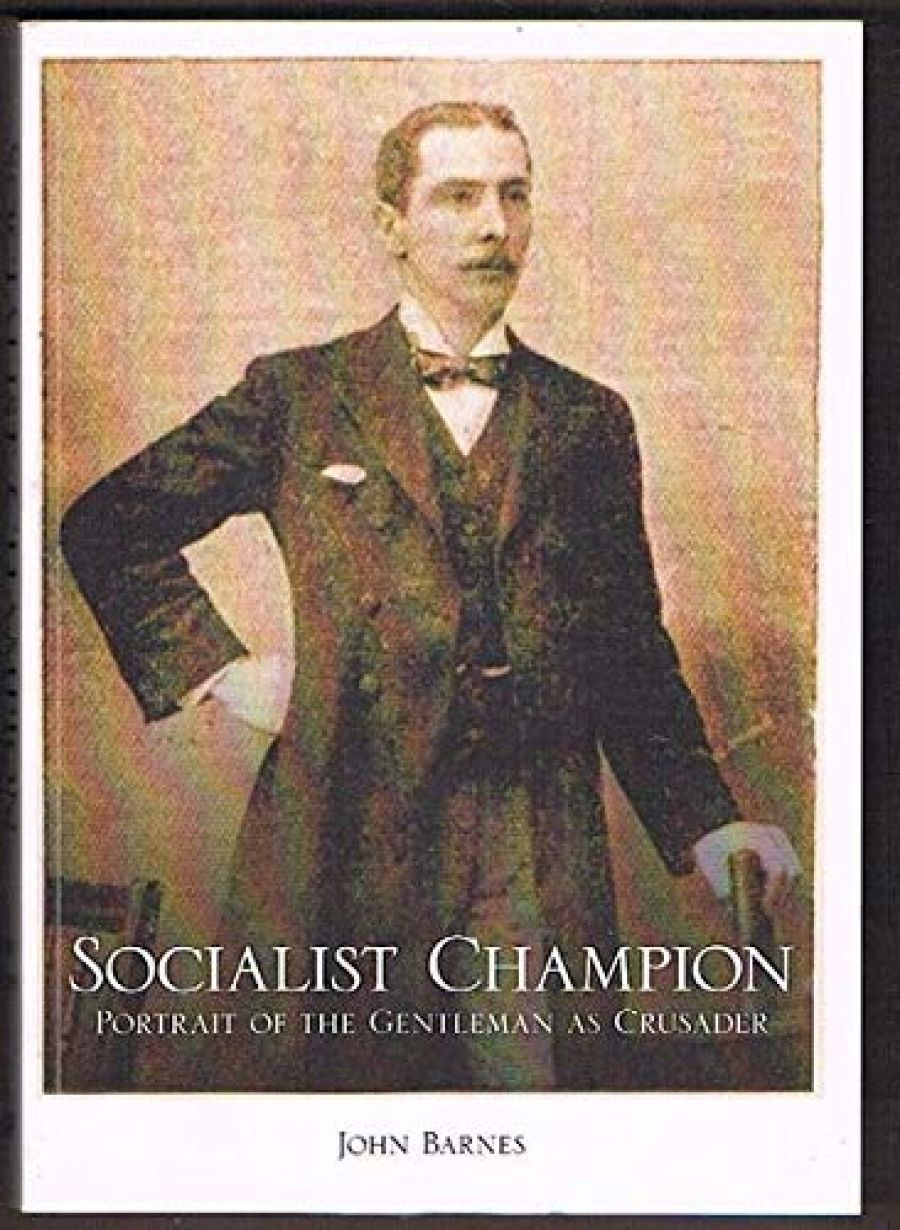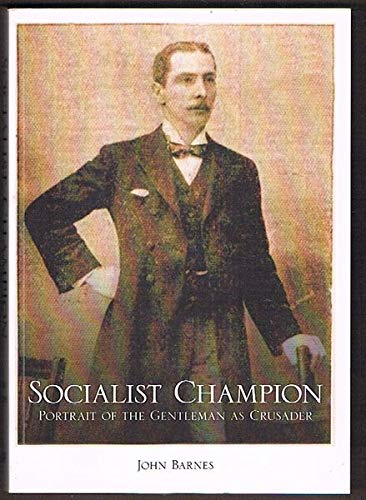
- Free Article: No
- Review Article: Yes
- Online Only: No
- Custom Highlight Text:
Besides being a bookseller, publisher and literary agent, Henry Hyde Champion (1859–1929) – the subject of this fascinating biography – was also, at various stages, an army officer, a journalist, and a socialist organiser. Born in England to a wealthy family with aristocratic roots, Champion turned his back on a conventional upper-class life after witnessing the appalling poverty of London’s East End. He embarked on what was to become a lifetime of activism on behalf of the poor and the working classes. Champion was a pioneer socialist of late nineteenth-century England and in this capacity, had dealings with such luminaries as George Bernard Shaw and the union leader John Burns. He was a key participant in the London Dock Strike of 1889, which was to prove a watershed for the labour movement, and was an early promoter of the eight-hour day.
- Book 1 Title: Socialist Champion
- Book 1 Subtitle: Portrait of the gentleman as crusader
- Book 1 Biblio: Australian Scholarly Publishing, $39.95 pb, 362 pp
- Book 1 Cover Small (400 x 600):

- Book 1 Cover (800 x 1200):

Unfortunately for Champion, these early successes did not secure his future as an activist, either in England or after he emigrated to Australia in 1894. As a ‘gentleman’ in a working-class movement he never entirely earned the trust of those who might have smoothed his path to power. His own snobbish attitudes, and the occasional spectacular lapse of judgment, only assisted his enemies. Champion is best remembered for his mishandling of a strike in Melbourne: borrowing from Napoleon, he famously described the unions involved as ‘an army of lions led by asses’.
Barnes’ detailed research makes it clear that Champion’s achievements were substantial, and it is likely that Socialist Champion will help to secure Champion’s place as an important figure in the history of socialism, both in Australia and in England. But the book is, in addition, a marvellous and sensitive portrait of an eccentric man who ‘bore witness to the power of an ideal’. Barnes has produced scholarship with the human touch.


Comments powered by CComment